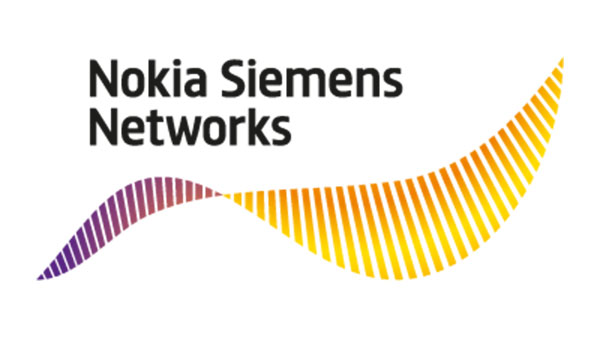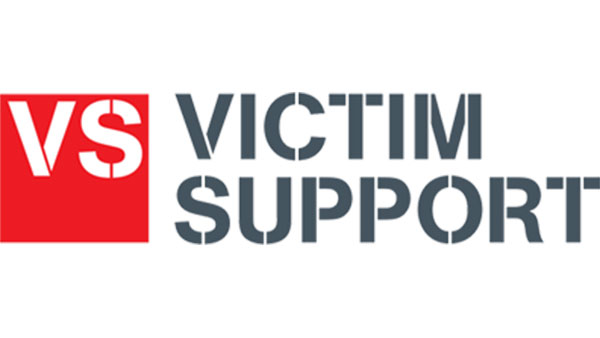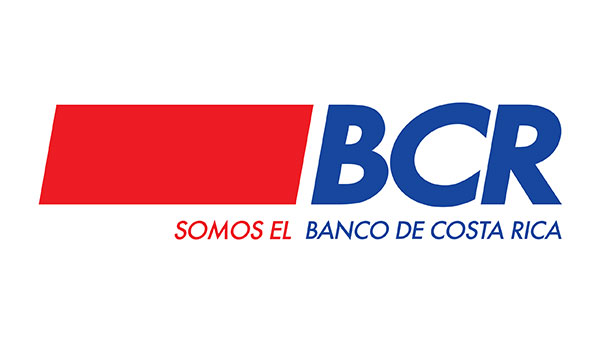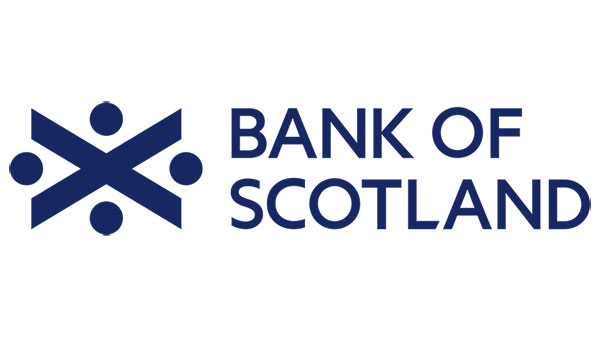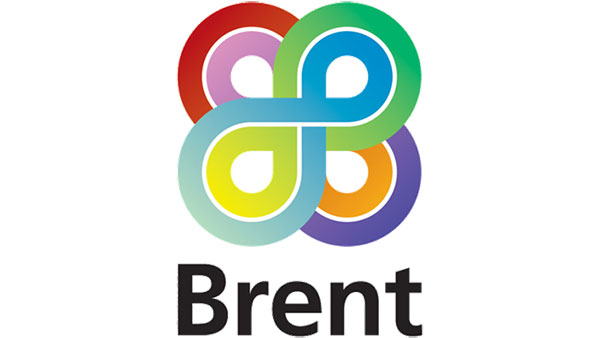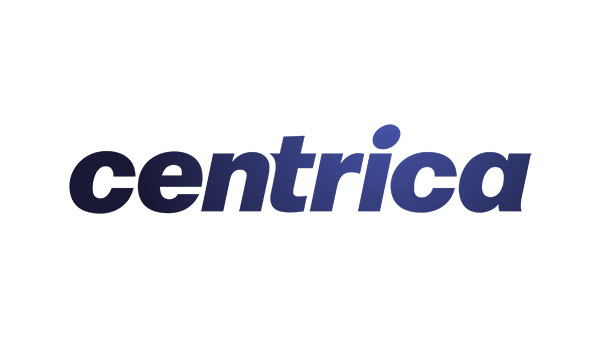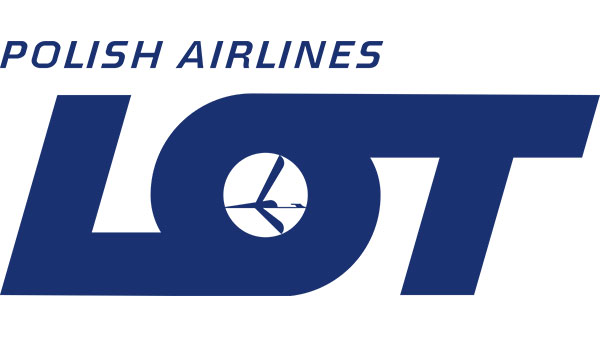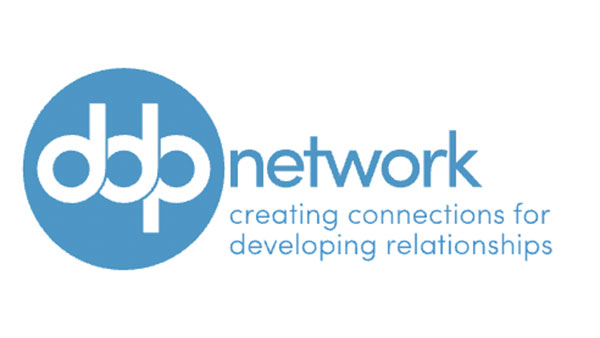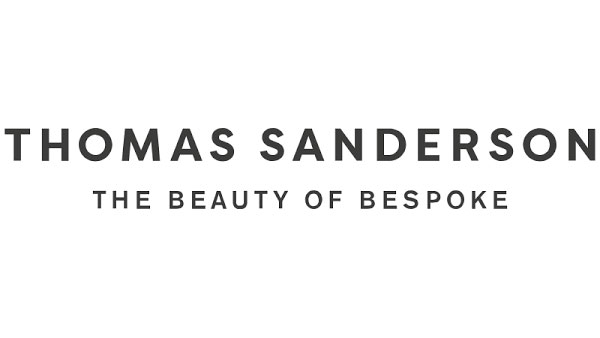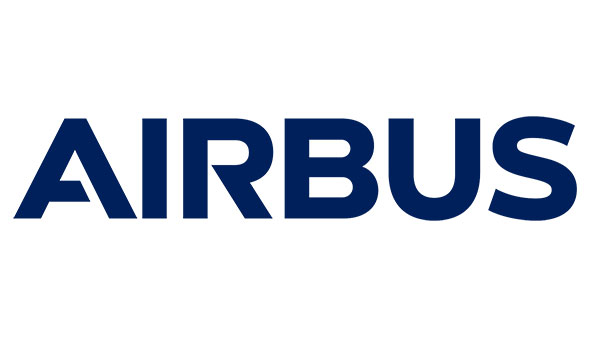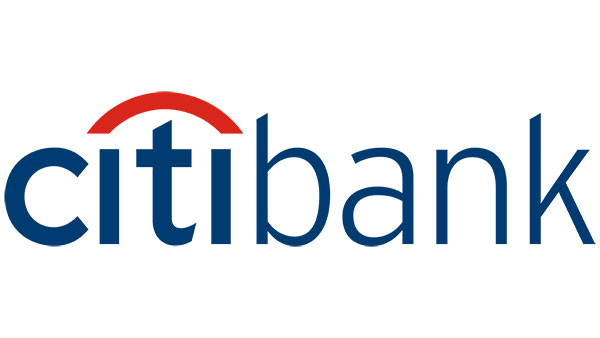Numerous studies indicate a significant decline in manners over the past few decades, but a person who has good manners is more courteous to the rules of human interactions, and so is more able to self-regulate themselves, and co-regulate others.
Fast-paced living, the economic environment becoming fiercely innovative and competitive, and technological distractions have all perhaps added to the decline in the use of manners. However, manners are important in societal interactions because they help people to feel seen, acknowledged, valued and respected, and thus they can contribute to the self-regulation and co-regulation of people by making human interactions less abrupt, and more warm, friendly and civil.
Think about how we can interact when we are stressed: we can become short, unapologetic, or even harsh and cold. I understand the frustration of having someone at work who is unreliable, or who cannot do their job. The importance of building a highly skilled winning team cannot be overlooked, but when you find great people you feel are an asset to you or your company, look after them and treat them well.
Manners have been passed onto the next generation and developed over tens of thousands of years so they are an integral part of the functioning of social interactions and norms. When people use good manners, they can reduce conflict, stress, and promote a positive social environment. Encourage manners to be a part of your business, and build a coaching culture at your workplace.
Manners are often set up by our parents or primary caregivers, so may have strong programmed beliefs attached to using, or not using them, when in the presence of others who may expect them. Not using manners can really upset a person, again partly due to positive parental programming.
Manners make people feel comfortable in social life, and can have a strong impact on respect and civility in society. They are a gentle way of co-regulating another person and self-regulating yourself.
As a credentialed coach, work to use manners and encourage your clients to embrace the positive impact manners can have on self-regulating yourself, co-regulating others, and positively impacting society.



